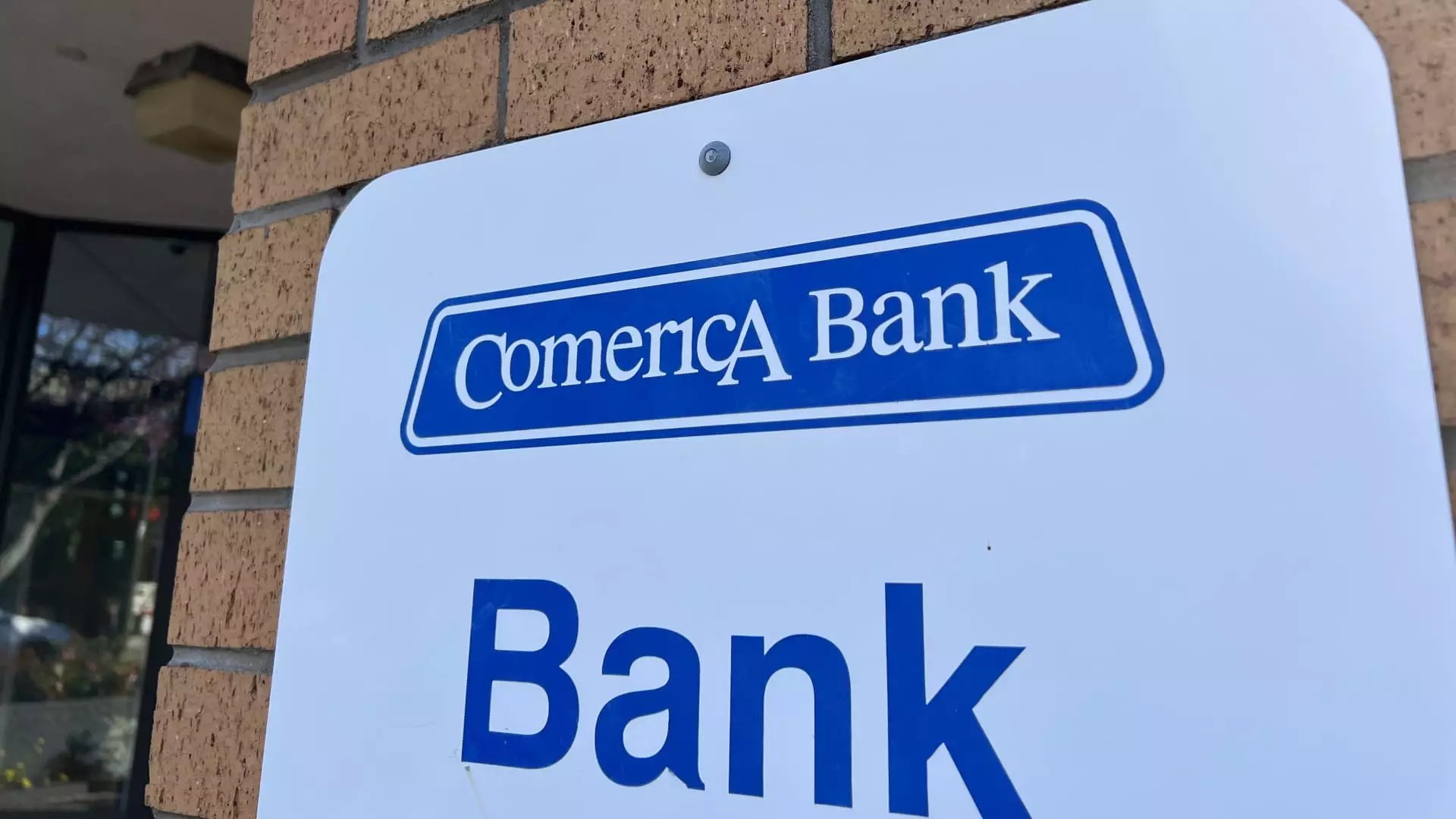In a significant move, the Consumer Financial Protection Bureau (CFPB) has leveled serious allegations against Comerica Bank regarding its management of the Direct Express prepaid debit card program. This program is crucial for millions of Americans, particularly those living on fixed incomes, including elderly and disabled individuals who rely on federal benefits. The complaint has raised questions about Comerica’s accountability and transparency in handling these vital services.
Allegations of Negligence and Mismanagement
The CFPB’s complaint highlights several troubling claims, including an alleged systematic termination of over 24 million customer service calls and improper withdrawal of ATM fees from more than a million cardholders who should not have been charged. This negligence extends to the way the bank purportedly managed fraud complaints, raising concerns about the safety and security of the funds entrusted to them. Rohit Chopra, the CFPB Director, expressed profound concerns, stating that Comerica’s actions not only prioritize profit but also undermine support for vulnerable populations relying on these benefits.
The Direct Express program is a federally sponsored initiative aimed at facilitating the distribution of Social Security and other benefits through prepaid debit cards. Since its inception, it has offered an accessible alternative to traditional banking for those unable to maintain standard bank accounts. With Comerica engaged as the program’s financial agent since 2008, the expectation was that they would provide reliable and compassionate customer service to a demographic that often struggles to navigate financial systems. However, the CFPB’s allegations suggest that the bank has fallen short of these expectations.
In response to the complaint, Comerica has challenged the CFPB’s assertions, arguing that their operations have consistently operated under the oversight and knowledge of the federal government. Comerica’s Vice President of Media Relations, Louis Mora, emphasized the bank’s cooperation with the CFPB throughout the investigation and criticized the bureau for disregarding their evidence and context. This defensive stance underscores a critical aspect of regulatory dynamics; financial institutions often find themselves walking a tightrope between compliance and their operational practices.
The CFPB’s action against Comerica is not an isolated incident within the landscape of financial oversight. It echoes previous interventions made by the bureau, including a notable case against Bank of America that resulted in a hefty fine for mishandling unemployment benefits during the COVID-19 pandemic. Such enforcement actions underline the CFPB’s commitment to ensuring that financial institutions uphold their responsibilities, especially concerning federally mandated programs.
The unfolding dispute between the CFPB and Comerica Bank serves as a critical reminder of the responsibilities that financial institutions hold towards their customers, particularly those who are most vulnerable. As this case progresses, it will be essential to monitor how it affects the operational procedures at Comerica and the broader implications for federal benefits administration across the banking sector. With millions depending on programs like Direct Express, the stakes are high, and the outcomes could reshape policy and practice in the financial services industry.


Leave a Reply